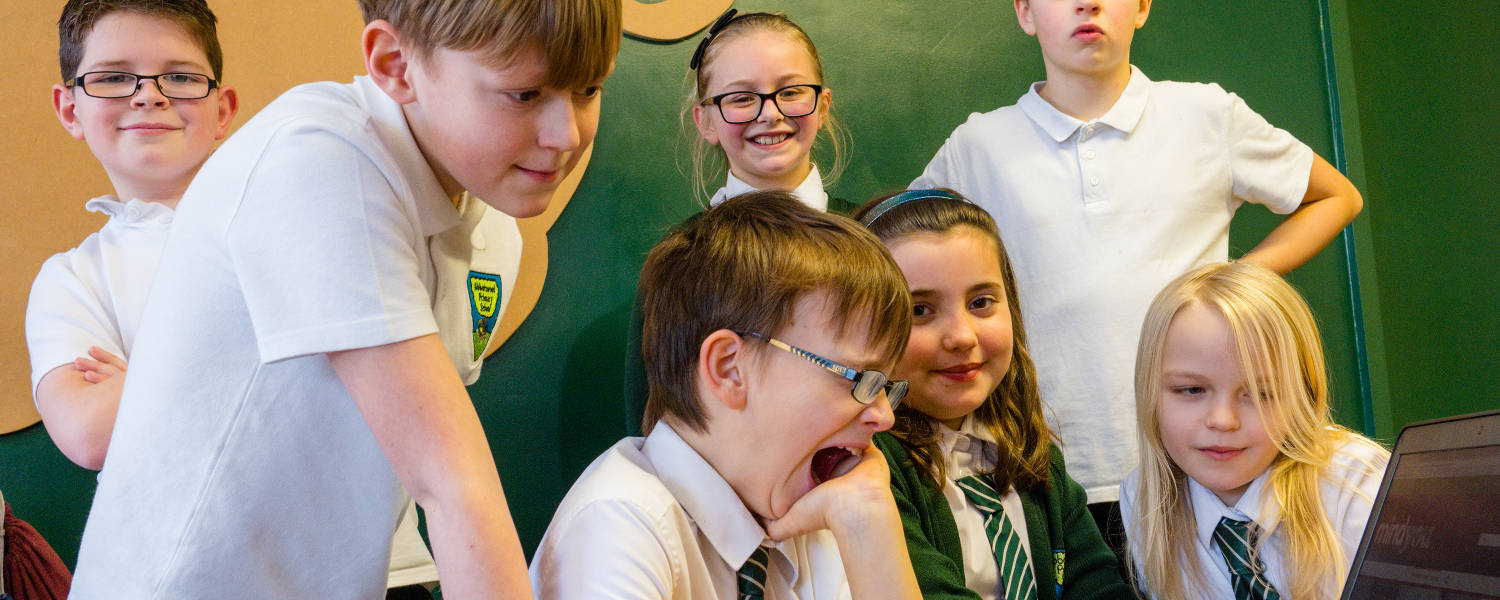Sleep is very important. All day long we play and learn and do all sorts of exercise. Our bodies might have to fight off germs or work hard to get better if we’ve been ill. When we are tired it’s our brain’s way of telling us that it needs time to catch up with all the hard work of keeping us well. Sleep helps the wellbeing of our bodies and our minds.
If we don’t get enough sleep or if our sleep is disturbed it might mean that when we wake up we still feel tired. We might feel grumpy or tearful and it can effect concentration and make us feel like we can’t be bothered to do things.
To find out if you are getting enough sleep, ask yourself the following questions:
- Do you feel too tired to get out of bed in the morning?
- Are you always yawning?
- Do you feel grumpy when you get up?
- Is it hard to concentrate on what you are doing?
- Do you make lots of mistakes, even in easy work?
- Do you avoid physical activity?
- If you could, would you have a nap in the daytime?
- Do you gaze out of the window or spend lots of time daydreaming?
If you answered ‘yes’ to at least half of these questions, and you don’t have any health or learning problems, then you might need to think about trying to get more sleep, or more exercise. Also, make sure that you have had breakfast!
As you get old you gradually need less sleep. This is because older children, around the age of 16, stop growing so your body doesn’t need to use up so much energy for that anymore. If you have a ‘growth spurt’ you might find that you are more tired than usual and that you need more sleep. That is perfectly normal.
Here’s an idea of roughly how much sleep per night you need at different ages:
- 5 years – 11 hours per night
- 6 years – 10 hours 45 minutes
- 7 years – 10 hours 30 minutes
- 8 years – 10 hours 15 minutes
- 9 years – 10 hours
- 10 years – 9 hours 45 minutes
- 11 years – 9 hours 30 minutes
- 12 years – 9 hours 15 minutes
Having a set routine can really help you to get to sleep. This can mean doing the same things in the same order at the same time each night. You could try the following:
- A warm bath will help you relax and get ready for sleep
- Keeping your room dim
- Once you are in bed either read or listen to a story or listen to relaxing music
- Try to do some relaxing breathing exercises
There have been studies which show that screens before bedtime can really affect sleep.
It’s best to stop using screens an hour before bedtime. It’s always so tempting if your phone or tablet is in your room charging when you are trying to go to sleep. Try charging you phone in a room other than your bedroom.
Watching something scary on TV or the internet just before bed can give us bad dreams and a disturbed night, leaving us feeling tired the next day. If something gives you bad dreams or nightmares, try to work out what it is so you can avoid it.
Sometimes being worried or excited means that you just can’t get to sleep. Some drinks like cola and coffee have caffeine in them which might make you stay awake. But sometimes everyone else is fast asleep and you are lying there – wide awake!
Here are a few quiet things you can try:
- Read a book
- Sit up or get up and sit in a chair
- Do some homework
- Listen to relaxing music (if your parents agree.)
- Write a letter or diary
- Don’t start playing on the computer, phone or tablet!
When you start to feel tired, go back to bed, close your eyes and sleep.
The South Gloucestershire Sleep Toolkit – Childhood: Sleep is extremely important to support development both physically and mentally. This toolkit will develop awareness of the importance of sleep and offer information, advice and guidance to prevent sleep issues occurring. It will also include tips on how to manage sleep issues that often arise.
Childline is a helpline for children to talk about any problems 24 hours a day, 7 days a week – call free on 0800 1111 or visit childline.org.uk/get-support :
- If you are in an emergency and there is a risk to life (yours or someone else’s) call 999
- To report any concerns about the safety or welfare of a child or young person call 01454 866000
There is more information in the ‘Getting help’ section.
Talk to a parent or carer or another adult you trust.
Your school can also help with your wellbeing – just ask a teacher or another member of staff.

